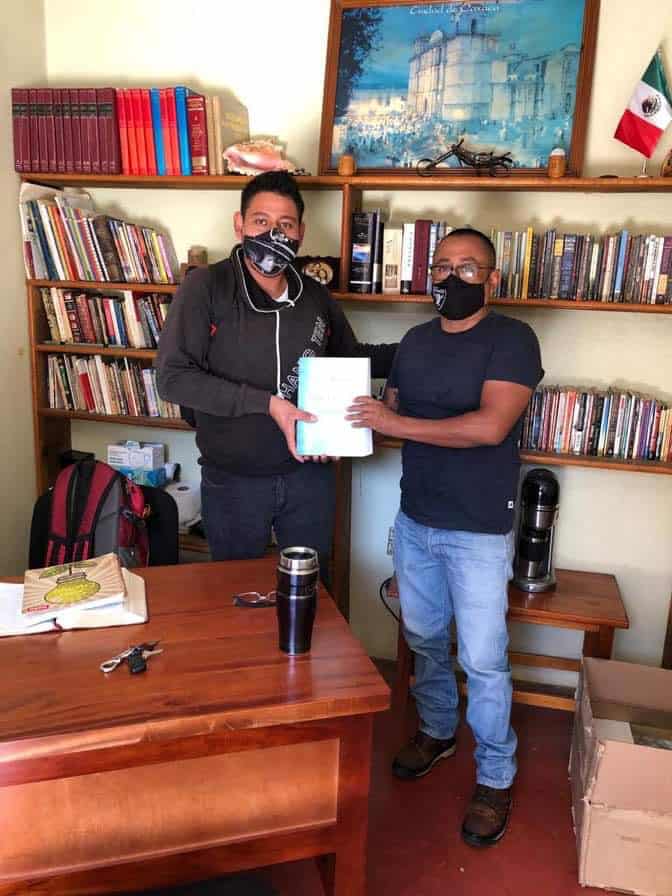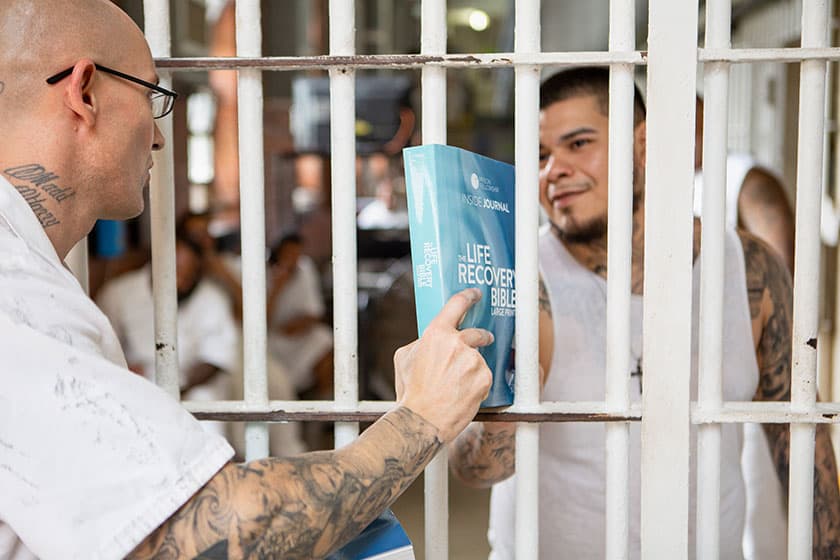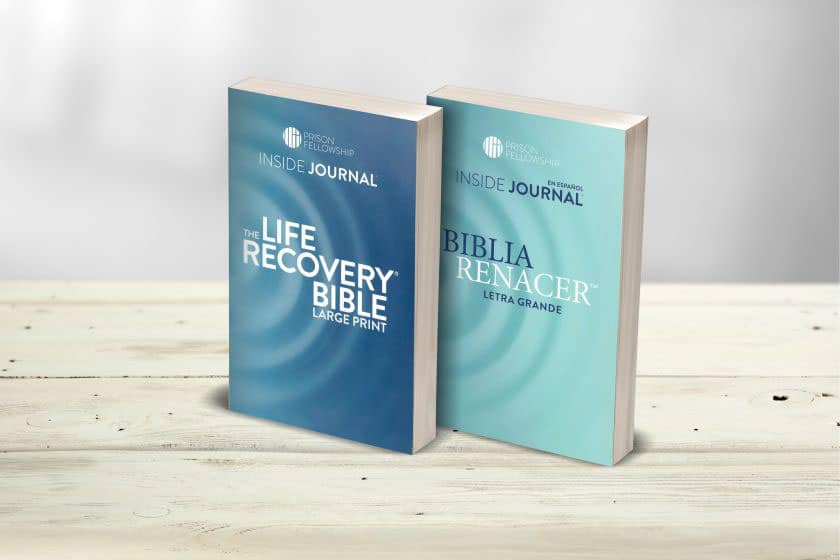Hector Fernandez Avila was 14 years old when he decided to run away from his home in Michoacan, Mexico, to live in the United States.
But before he had the chance to cross the border, he received a phone call that stopped him in his tracks. His father had killed himself. Hector immediately returned home.
"It was the worst day of my life," Hector recalls.
OVER THE EDGE
At the time, his hometown was a hub for drug trafficking. Influenced by the drug culture, young Hector admired the worldly trappings of the trade. "Drug traffickers looked powerful, and I wanted to defend myself," he says.
Because he was small for his age, other kids had bullied Hector frequently. His home had offered little refuge; his parents had fought constantly and disciplined Hector harshly.
The day his father died pushed Hector over the edge. Fueled by rage and grief, he began living a volatile lifestyle. Relatives arranged for Hector to move to California, hoping a change of scenery would help.
It didn't. In California, his uncle taught him how to sell drugs. Hector joined a gang and quickly earned veteran status. However, his success in the streets came with a painful price.
"Many people were murdered, including my best friends," Hector recalls.

At age 17, he feared he would be the next to die. He decided to start fresh by getting married and leaving the state. "I thought having a family would fix everything," he says.
And it did—for a few years. Hector stopped selling drugs and worked at a factory in Minnesota. He and his wife welcomed a new baby.
"It was my dream come true; I had the perfect American life," Hector says.
But as the responsibilities of married life started sinking in, Hector began to second guess his decisions.
His success in the streets came with a painful price. 'Many people were murdered, including my best friends.'
THE PARTY'S OVER
The lure of easy money enticed Hector back into drug trafficking. In Minnesota he could sell an ounce of cocaine for $1,200—double what it sold for back in California.
Although Hector never used drugs himself, he began abusing alcohol.
On the night of Sept. 6, 2000, Hector celebrated his 23rd birthday by partying with his friends. He drunkenly made a deal to sell a kilo of cocaine to a man in the next town over. As he drove to the man's house, Hector noticed several state patrol cars trailing him. He started to speed, attempting to flee arrest, but it didn't work.
Hector's incarceration began with a year in Douglas County Jail in Minnesota. He was facing a sentence of up to 40 years in prison.
Hector's wife visited with their children and told him she was leaving him. It was the last time he would ever see them.
Hector had lost everything.
Hector had lost everything.
LIVING HOPE
One day Hector grew so depressed that he planned to end his own life by hanging himself. But before he could complete the deed in his cell, he changed his mind.
"I was afraid that I would get into more trouble if somebody found me alive, so I got down," Hector recalls.
The next day, a pastor in Douglas County named Dave happened to visit Hector. Grabbing a book, Dave held Hector's hand and said in Spanish, "Hector, I am here to tell you that Jesus loves you."
Immediately Hector began to weep. "I didn't even know what was happening," Hector says. "All I know is I felt a release of something."
Hector started reading the book—a Bible—as soon as he got back into his cell. He loved reading God's Word, but nightmares of his troubled past disrupted his sleep. Frightening images drove Hector to kneel by his bed and pray.
"I made a deal with God. If He made me a new man, then I would serve Him for the rest of my life," Hector recalls.
'Hector, I am here to tell you that Jesus loves you.' Immediately Hector began to weep.
A NEW MAN

Hector was sentenced to 96 months in Minnesota Correctional Facility–St. Cloud. There he heard about the Prison Fellowship Academy®, which uses targeted curriculum, compassionate coaches, and restorative community to replace participants’ criminal thinking and behaviors with renewed purpose and biblically based life principles.
Hector saw the Academy as a way to prepare to do the right thing once he left prison. He applied and was accepted into the program, which required a transfer to a different facility in Lino Lakes, Minnesota.
"It was hard being the only Hispanic [in the program], and I struggled with my English. But the love of Jesus came upon all of us and changed us," Hector says.
A fellow prisoner named Ryan also joined the program. Together, the men formed the first Spanish-speaking Bible study at Lino Lakes.
'It was hard being the only Hispanic, and I struggled with my English. But the love of Jesus came upon all of us and changed us.'
BIBLES BEHIND BARS
In 2005 Hector was released from prison and deported to Mexico. With the help of a reentry program, Hector enrolled in a seminary in Puebla, Mexico. After Hector graduated, he worked at an orphanage called Esperanza Viva (Living Hope), where he met and married Esther, a young woman who grew up there.
Today Hector and Esther have two children and live in Oaxaca, Mexico. Partnering with a local pastor, the couple is teaching job skills and sharing the hope of Christ with the people of Oaxaca.
In addition, Hector and Esther are working toward their goal to provide Bibles for every prisoner in Mexico with help from Prison Fellowship, which provides shipments of the Inside Journal Life Recovery Bible in an easy-to-read Spanish translation.
"Prison Fellowship has been supporting us with nearly 450 Bibles," Hector says, and he make this appeal to others intent on remembering those in prison:
Please pray for the men in prison, for their families, and for us as we as continue the work that God is calling us to do.


'Please pray for the men in prison, for their families, and for us as we as continue the work that God is calling us to do.'